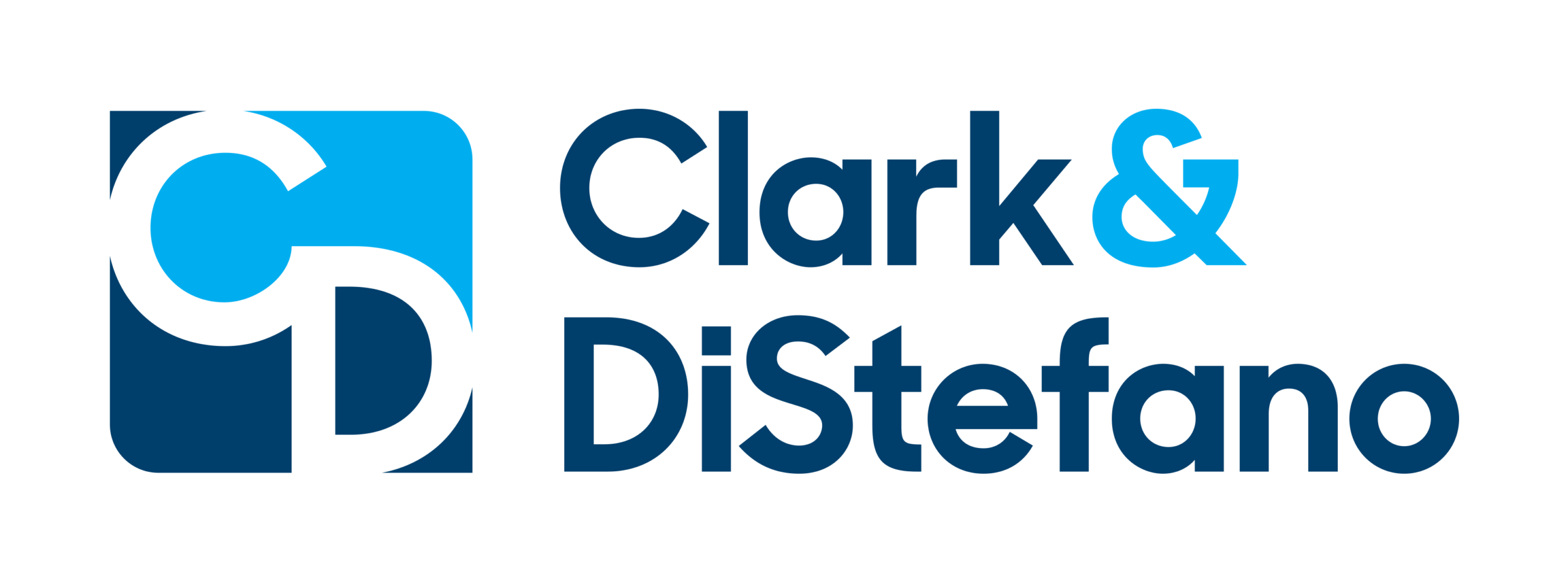In a July 15 op-ed in the Wall Street Journal New York University Grossman School of Medicine Professor Judith T. Zelikoff remarked that Johnson & Johnson’s decision to remove Johnson’s Baby Powder from the U.S. and Canadian markets was a “milestone in women’s health and serves as a triumph for the scientific research that has evolved over the past 40 years.”
Zelikoff is deeply familiar with that scientific research, having immersed herself in more than 250 peer-reviewed studies that demonstrate a significant link between talc exposure and ovarian cancer. “There is no doubt in my mind that cosmetic talc can contain known carcinogens, including asbestos, fibrous talc, and heavy metals, which can never be completely removed from the finished powder.”
Johnson & Johnson had blamed its decision to stop selling its talc-based baby powder in North America on lagging sales and COVID-19. But analysts say safety concerns over the company’s iconic baby powder and mounting lawsuits from people who claim using the talcum powder caused them to develop ovarian cancer and mesothelioma, a rare form of cancer linked to asbestos exposure, have turned consumers away from buying it.
We're here to help!
At Clark & DiStefano we are attentive, always focusing on the needs of our clients. We develop strategies that are tailored to each individual case, and we treat our clients as strategic partners in achieving a common goal. We endeavor to think outside of the box and formulate cost-effective strategies. Lastly, we believe in prompt communications with clients so they have predictability for reserve setting and sufficient time for studied pre-trial evaluations and recommendations.
[forminator_form id="40"]
